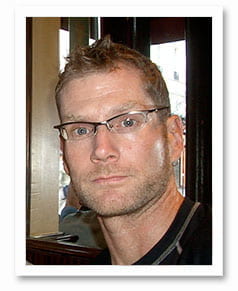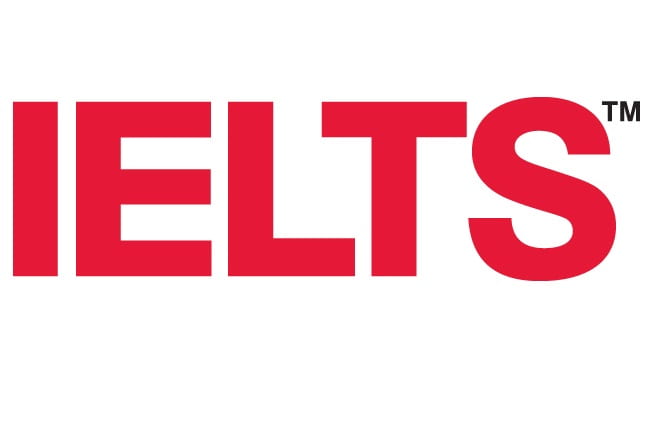 Steve Thorne is Associate Professor of Second Language Acquisition in the Department of World Languages and Literatures at Portland State University (USA), with a secondary appointment in the Department of Applied Linguistics at the University of Groningen (The Netherlands). His research utilizes cultural-historical, usage-based, distributed, and critical approaches to language development, often with a focus on human interactivity in technology-culture contexts. He is currently working on a variety of internationally distributed projects that examine mobile media and place-based learning, technology use within and outside of formal educational settings, Indigenous language maintenance and revitalization, and interventions that situate language learning at the heart of university study. His research has appeared in many edited collections as well as academic journals such as the Modern Language Journal, Language Learning & Technology, Annual Review of Applied Linguistics, CALICO Journal, Language Teaching, Brain & Cognition, ReCALL Journal, and Intelligence, among other venues. His book length works include a co-edited book on Internet-mediated Intercultural Foreign Language Education (Thomson/Heinle, 2006) and the co-authored volume Sociocultural Theory and the Genesis of Second Language Development (Oxford University Press, 2006).
Steve Thorne is Associate Professor of Second Language Acquisition in the Department of World Languages and Literatures at Portland State University (USA), with a secondary appointment in the Department of Applied Linguistics at the University of Groningen (The Netherlands). His research utilizes cultural-historical, usage-based, distributed, and critical approaches to language development, often with a focus on human interactivity in technology-culture contexts. He is currently working on a variety of internationally distributed projects that examine mobile media and place-based learning, technology use within and outside of formal educational settings, Indigenous language maintenance and revitalization, and interventions that situate language learning at the heart of university study. His research has appeared in many edited collections as well as academic journals such as the Modern Language Journal, Language Learning & Technology, Annual Review of Applied Linguistics, CALICO Journal, Language Teaching, Brain & Cognition, ReCALL Journal, and Intelligence, among other venues. His book length works include a co-edited book on Internet-mediated Intercultural Foreign Language Education (Thomson/Heinle, 2006) and the co-authored volume Sociocultural Theory and the Genesis of Second Language Development (Oxford University Press, 2006).
Rewilding Language Education and Catalysing Futurisms
Steven L. Thorne, Portland State University and University of Groningen, The Netherlands
We live in a complex and changing world in which academic, professional, and everyday life activities increasingly illustrate the need for sophisticated communicative and analytic abilities in intercultural and plurilingual contexts. These late modern ‘superdiverse’ conditions (Blommaert, 2015) articulate closely with what I see as a primary goal of world languages education – to gain the capacity to contribute to dynamic processes of meaning making with attunement to divergent cultural practices, values, and ideologies as they emerge. Applying principles expressed in cultural–historical and ecological approaches to development (Bateson, 1972; Engeström & Sannino, 2010; Kramsch, 2006; van Lier, 2004), extended and embodied cognition (Atkinson, 2010; Clark, 2008), and usage-based linguistics (Tomasello, 2003; Yuldashev, Fernandez, & Thorne, 2013), this talk presents a design approach to creating environments for language learning. Following a discussion of recent research describing plurilingual communication in the digital wilds of virtual linguistic landscapes (Thorne & Ivković, 2015), a number of ‘rewilding’-inspired formative interventions are described. The first involves a corpus-informed, usage-based approach to tracking the development of multi-word expressions among learners of Spanish in largely outside-of-class digital engagements. A second suite of projects includes plurilingual augmented reality mobile games, the primary objective of which is to semiotically remediate (e.g., Prior, 2010) local places and to embed language usage events and resources in phenomenologically rich and embodied experience in the world (Thorne, 2013; Thorne, Hellermann, & Jones, forthcoming). Together, these projects address foreign, second, and indigenous language contexts. In conclusion, I suggest that language development is usefully understood as adaptive semiotic bricolage motivated by social relationships of consequence, with the extension that educational processes and contexts should be designed accordingly.
